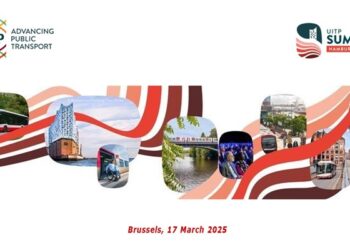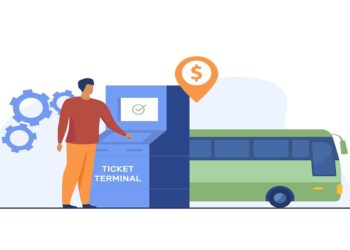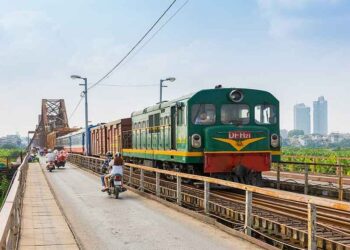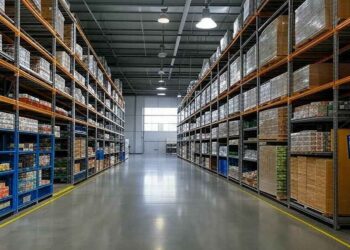Veovo has introduced its Passenger Density Management solution, designed to assist rail and metro operators in measuring, understanding and managing crowd density to support social distancing.
COVID-19 lockdowns have meant that train and rapid transit stations around the globe have seen much less traffic than before. Now, with the gradual lifting of restrictions, they can expect to see an influx of travelers. However, social distancing is expected to remain the norm as health considerations take precedence. Operators will therefore need to adopt measures to prevent crowding and ensure everyone has adequate space.
Fluctuating passenger numbers, increased cleaning schedules and other variables mean that operators will need to keep a close eye on passenger flow and station capacity. To do this, data that accurately reflects the way people move and dwell is critical.
By combining data drawn from various sensor technologies with advanced machine learning and intelligent automation, the solution gives operators a real-time, reliable overview of passenger volumes and movements. It shows how people move into, out of and between stations, average wait times and occupancy on trains. It monitors crowd density in specific areas, such as concourses, stairwells, platforms and carriages, and can be expanded to provide station-wide density and flow insights.
Using live dashboards and heatmaps, the solution highlights the degree of risk in real time, based on social distancing recommendations, crowd movement patterns and area size. Alarms and actions are triggered when threshold limits are reached, enabling rapid responses like directing passenger flows, closing turnstiles and updating digital signage, among others. In addition, operators could also improve their sanitation responsiveness, directing teams to where cleaning is most needed.
To help passengers plan their journeys, operators can also share data via websites, apps and other platforms. This information enables travelers to choose a less-crowded station or platform or alter their travel time to reduce risks and maintain social distance.
“Having worked with some of the world’s busiest airports, transport hubs and amusement parks, we understand the enormous challenge the industry currently faces in supporting physical distancing,” said James Williamson, CEO of Veovo. “To safely manage crowding, operators need accurate, timely data. By accommodating new social distancing needs in our solution, we enable safe and proactive planning to reduce crowds and to make sanitation and disinfection programs more effective.”
Veovo’s Passenger Density Management solution also includes predictive capabilities that will help operators not only manage crowding in real time but also plan for days, weeks and even months ahead. It provides insights into people’s habits, how times of day, or day of the week, are affected differently and understand passenger profiles better. The data can also help operators tackle the issue of fare evasion.
The company says the solution is quick to deploy, allowing operators to rapidly support evolving distancing and crowd management requirements. It can provide detailed insights within weeks while allowing operators to adapt plans to meet fluctuating traveler numbers and evolving safety guidelines.


































